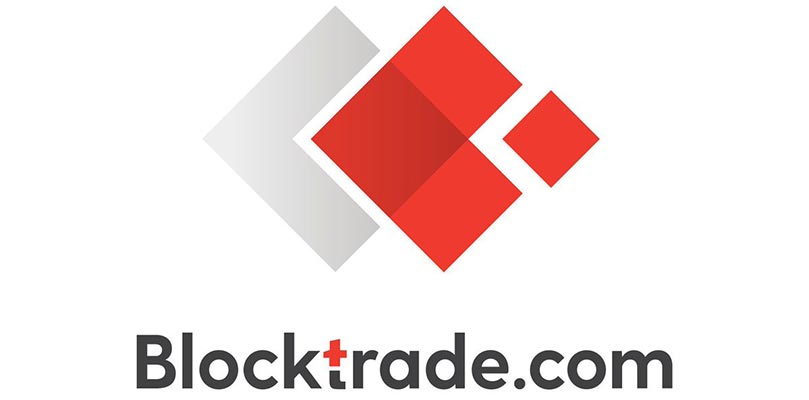Crypto has been on a roll with a ton of new developments popping up every single day. While the nascent industry is certainly headed towards the right direction, achieving full regulatory approval is a very big deal, especially for cryptocurrency exchanges – it is even harder for them to get regulatory approval before they launch. Well, not anymore.
Liechtenstein-based Blocktrade.com has just been approved by the Finance Markets Authority and is set to be the first digital currency exchange to be open for testing – the Financial Markets Authority is a member of the European Securities and Markets Authority (ESMA). In a press release, the company confirmed that is in the process of obtaining a multilateral trading facility (MTF) license courtesy of the European Union’s MiFID II framework.
Blockrade.com’s launched the beta version for testing last week – this trial period is set to end on August 25 and will be followed by the full launch though the actual date of the launch is yet to be revealed.
“I hope early adopters will provide us with valuable feedback so that we can improve the platform even further. I believe its capability, as well as its user experience, are impressive, so I am convinced the word about our beta release will be spread widely. We are already setting up interviews with major financial, fintech and business media, so I will get a chance to talk about our development and vision for the future of finance,” Blocktrade’s CEO Luka Gubo said in a recent interview.
During the aforementioned initial testing phase, Bolcktrade.com will be offering Ethereum, bitcoin, Litecoin, Bitcoin Cash, and Ripple’s XRP trading pairs. Once the platform is fully launched later this year (around September), it will offer Security Tokens, Crypto Traded Indices and Tokenized Assets.
“We believe that if you operate an exchange and if you have an orderbook with a matching engine, you should also be regulated as an exchange. This removes the hurdles for traders (retail and institutional alike) to access the new asset class as the full MiFID II compliance makes us more transparent, reliable, trustworthy and enables equal access for all,” Gubo added.
The State of Crypto
Unfortunately, many institutional investors still regard the unregulated exchanges that dominate the crypto market as risks due to the lack of transparency. In fact, as it stands the European Union is yet to come up with a unified position and regulatory requirements for the cryptocurrency exchanges operating in the territory.
As for the MiFID II which came into effect at the beginning of 2018, the licensing process is quite explicit and will certainly do for now. To put this into perspective, it requires that the companies seeking its license prove that they have operated fairly, honestly and professionally in the best interests of the users of their platforms. The institutions also have to comply with a number of reporting, transparency and capital requirements.
